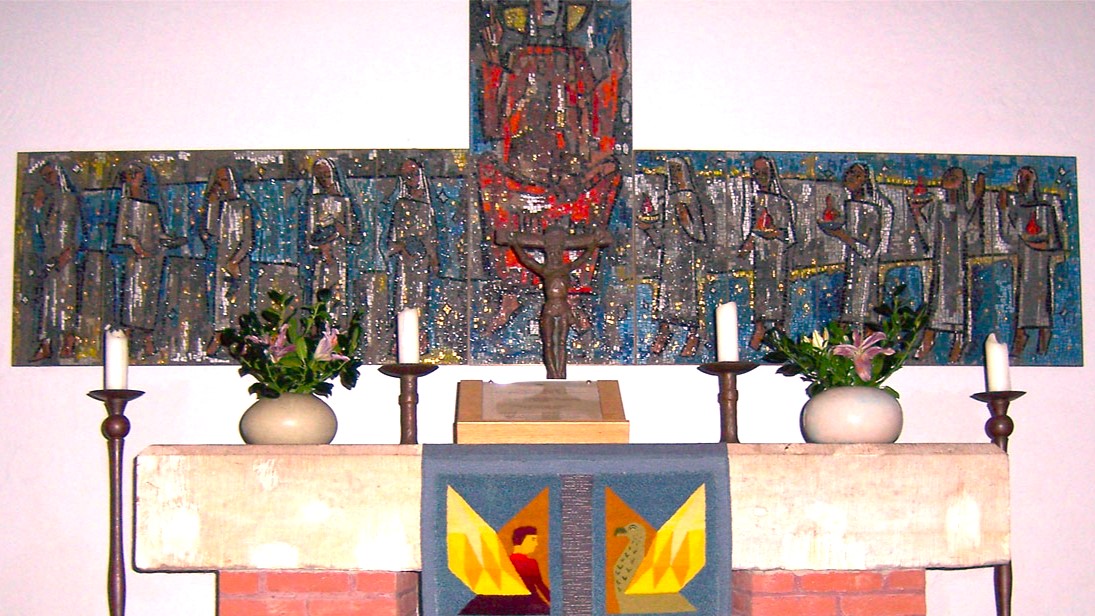
Matthew 25:1-13
Proper 27A
1 “Then the kingdomI of heavenII will be likeIII this.
Ten bridesmaidsIV tookV their lampsVI and went to meetVII the bridegroom.VIII 2 Five of them were foolish,IX and five were wise.X
3 When the foolish took their lamps, they took no oil with them; 4 but the wise took flasksXI of oil with their lamps. 5 As the bridegroom was delayed,XII all of them became drowsyXIII and slept.XIV
6 But at midnight there wasXV a shout,XVI ‘Look!XVII Here is the bridegroom! Come out to meetXVIII him.’
7 Then all those bridesmaids got upXIX and trimmedXX their lamps. 8 The foolish said to the wise, ‘GiveXXI us some of your oil, for our lamps are going out.’XXII
9 But the wise replied, ‘No! there will not be enoughXXIII for you and for us; you had betterXXIV goXXV to the dealersXXVI and buyXXVII some for yourselves.’
10 And while they went to buy it, the bridegroom came, and those who were readyXXVIII went with him into the wedding banquet;XXIX and the doorXXX was shut.XXXI
11 Later the otherXXXII bridesmaids came also, saying, ‘Lord,XXXIII lord, open to us.’
12 But he replied, ‘TrulyXXXIV I tell you, I do not knowXXXV you.’ 13 Keep awakeXXXVI therefore, for you know neither the day nor the hour.XXXVII, XXXVIII
Image credit: “North Sea island of Spiekeroog. New Evangelical Church on Spiekeroog.” Photo by Jürgen Howaldt, 2005.
